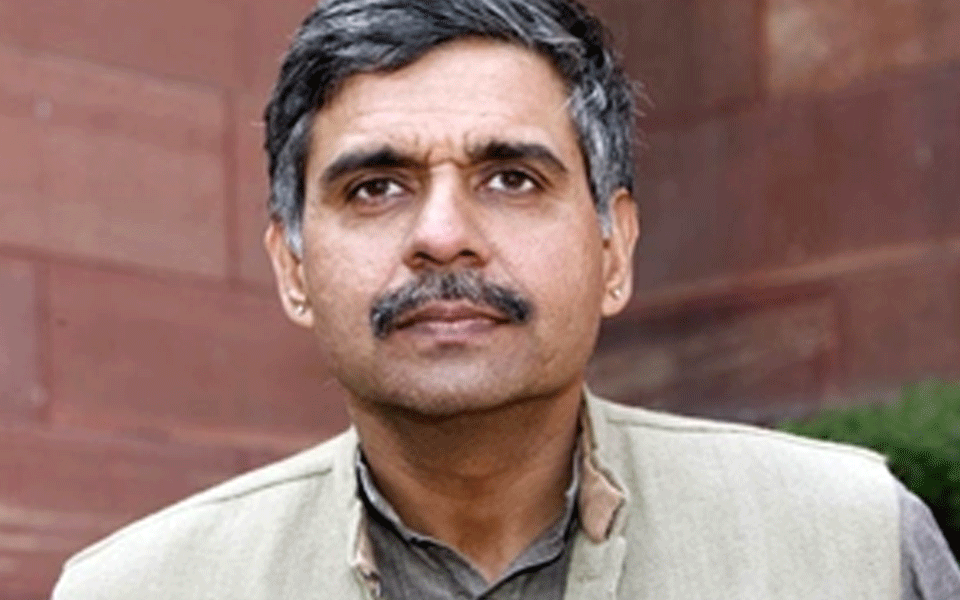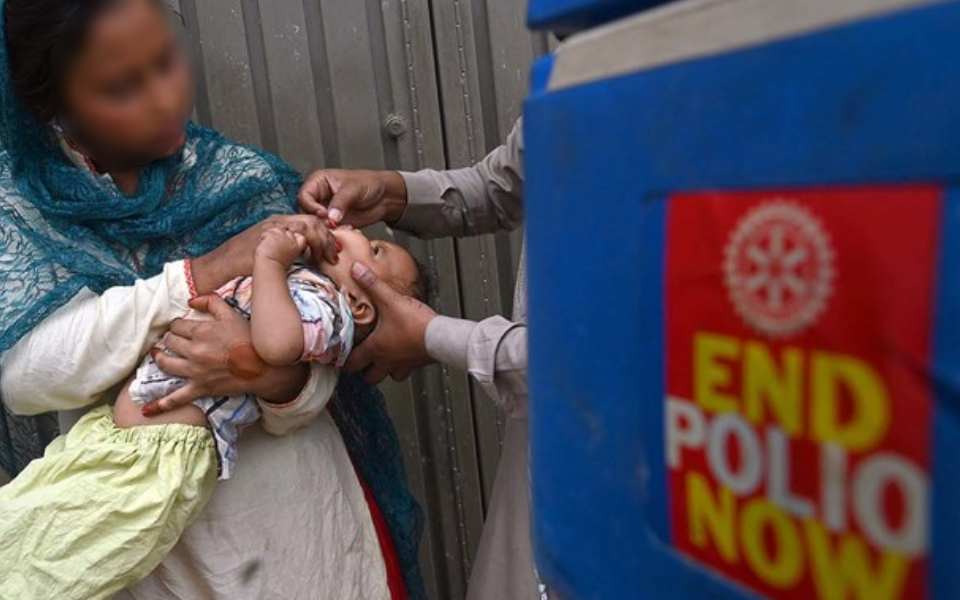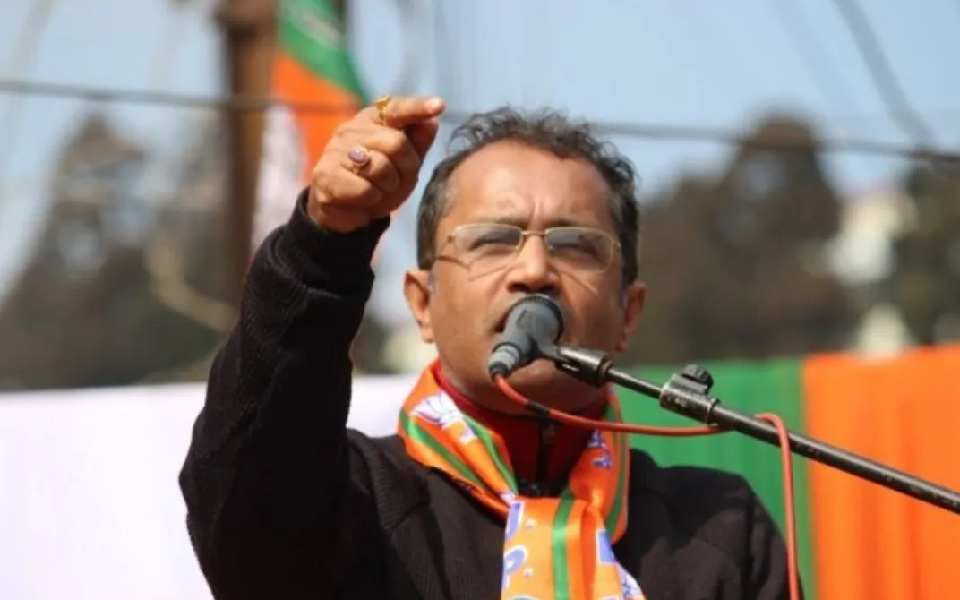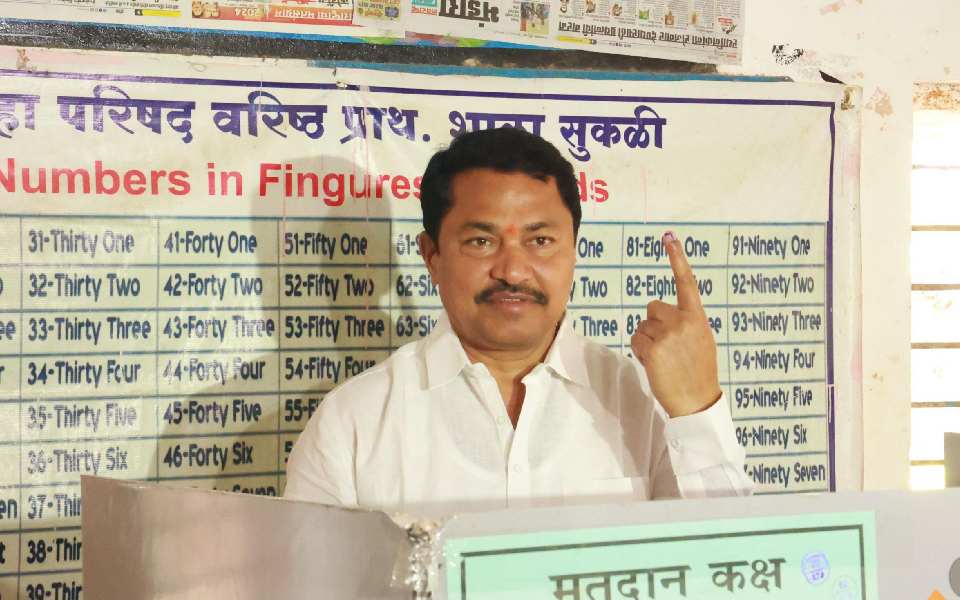New Delhi (PTI): Congress leader Sandeep Dikshit on Friday expressed dismay and a "sense of betrayal" over Ghulam Nabi Azad's resignation from the party, and said quitting strengthens the policies, systems and people that made them write the "letter of reform".
Dikshit, a former party MP, was part of the G23 leaders who had written to Congress chief Sonia Gandhi in August 2020 for an organisational overhaul and reforms, saying it was a "banner of reform and not a banner of revolt".
"When I read your letter of resignation, it gave me a sense of dismay and unfortunately, then a sense of betrayal," he wrote to Azad.
His letter came soon after senior Congress leader Ghulam Nabi Azad resigned from all party positions, including its primary membership, ahead of organisational elections and accused the leadership of committing "fraud" on the party in the name of "sham" internal polls.
In his letter, Sandeep Dikshit, son of former Delhi chief minister Sheila Dikshit, told Azad that he has known him in his capacity as a citizen of India, Congress sympathiser, Congress worker and then as Congress MP, and that he had great respect for his work and ability.
"I wholeheartedly and in full agreement signed the letter that you had written to the Congress president, and became a part of what some media people called the G23.
"The matter we raised in that letter, and the spirit in which many of us signed it and many others supported what was written in it, was in many ways a pathway to revitalise this greatest of political parties, that lies, as you say in your letter also, in its darkest abyss today. But to my mind, we, and I in it, had raised the banner of reform, not a banner of revolt," the former Delhi MP said.
Let the Truth be known. If you read VB and like VB, please be a VB Supporter and Help us deliver the Truth to one and all.
ISLAMABAD: At least two more cases of poliovirus were reported in Pakistan, taking the number of infections to 52 so far this year, a report said on Friday.
“The Regional Reference Laboratory for Polio Eradication at the National Institute of Health has confirmed the detection of two more wild poliovirus type 1 (WPV1) cases in Pakistan," an official statement said.
The fresh infections — a boy and a girl — were reported from the Dera Ismail Khan district of Khyber-Pakhtunkhwa province.
“Genetic sequencing of the samples collected from the children is underway," the statement read. Dera Ismail Khan, one of the seven polio-endemic districts of southern Khyber Pakhtunkhwa province, has reported five polio cases so far this year.
Of the 52 cases in the country this year, 24 are from Balochistan, 13 from Sindh, 13 from Khyber Pakhtunkhwa, and one each from Punjab and Islamabad.
There is no cure for polio. Only multiple doses of the oral polio vaccine and completion of the routine vaccination schedule for all children under the age of five can keep them protected.





